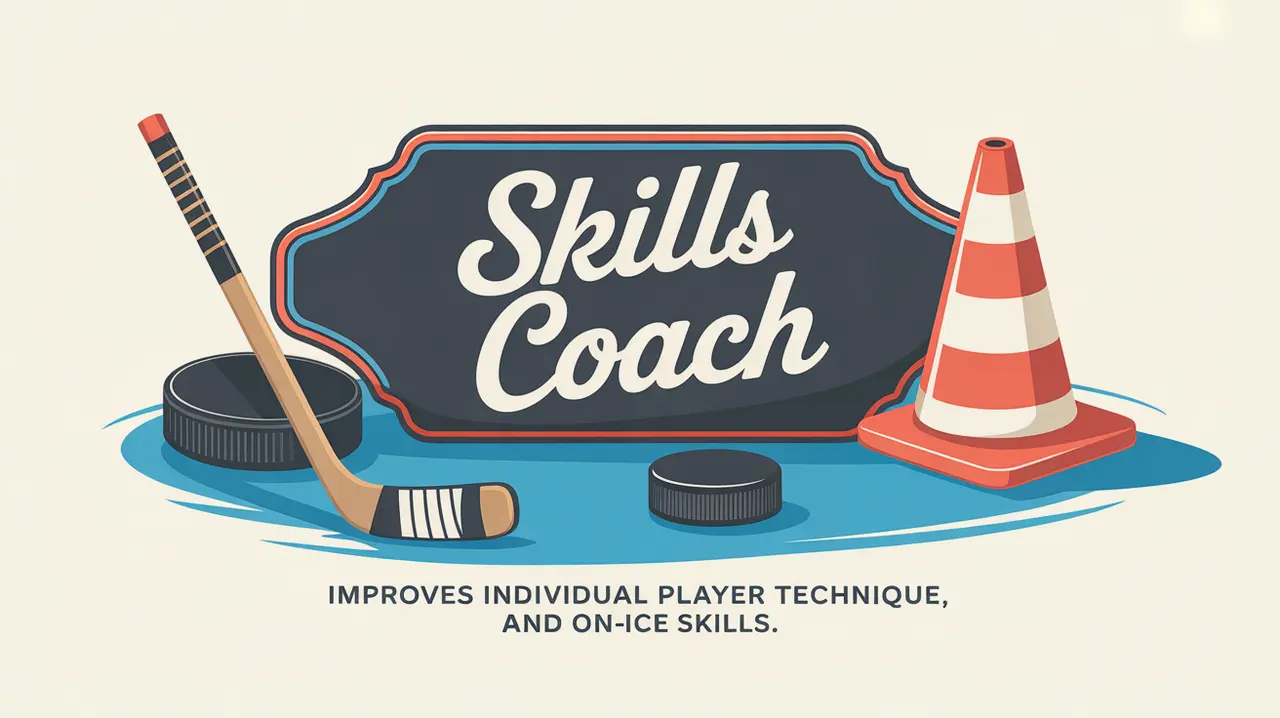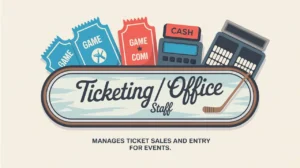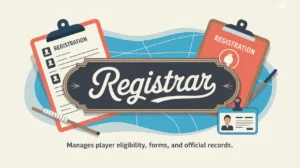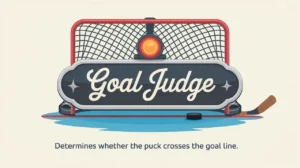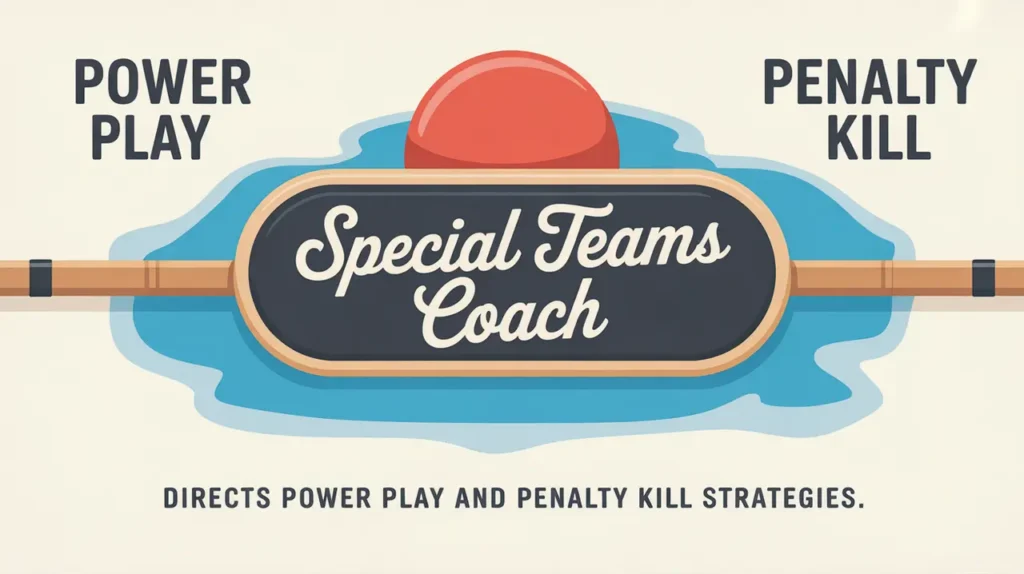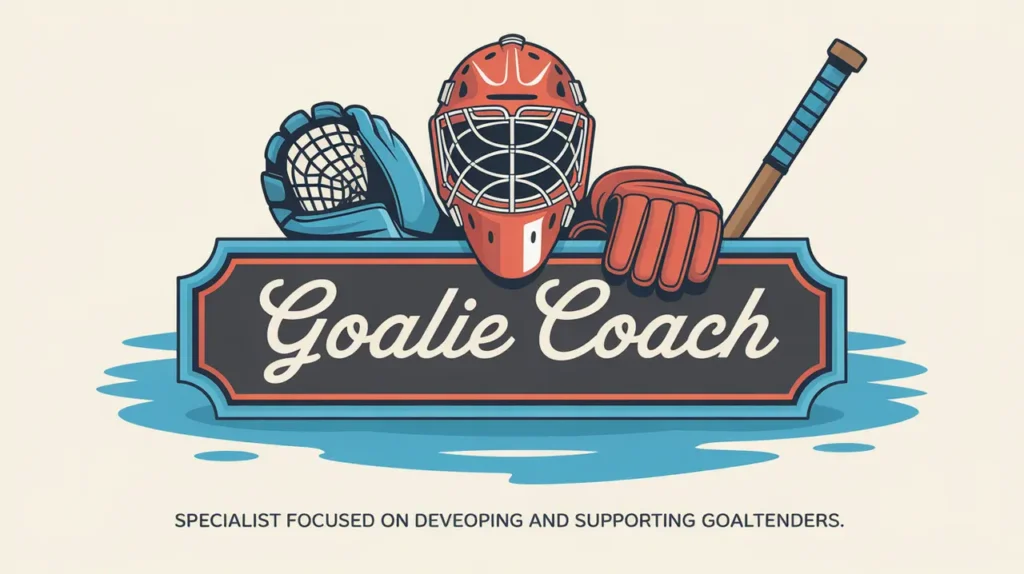Jim’s Intro to the Skills Coach
Hi folks, Jim here, the only commentator who once tried to show off some “elite puck skills” at intermission and ended up flipping the puck into the penalty box.
What is a skills coach?
A skills coach is a specialized coach focused on improving individual player techniques across skating, puck handling, passing, and shooting. Their role is to develop the micro-skills that make players faster, smarter, and more effective, both in practice and in live games.
While head, offensive, and defensive coaches focus on team systems, the skills coach hones the building blocks that make those systems work. They’re the detail-obsessed teachers who turn good players into great ones through repetition, precision, and creativity.
How does it work?
The skills coach shapes player performance through targeted drills, technical refinement, and individual feedback:
- Skating Development
- Skills coaches work on edge control, acceleration, crossovers, transitions, and balance.
- They teach players how to generate more power and efficiency in every stride, focusing on mechanics that often get overlooked in regular practices.
- Puck Handling and Control
- They run stickhandling drills that challenge players to control the puck in tight spaces, at high speeds, and under pressure.
- This includes techniques for toe drags, quick hands, puck protection, and deceptive movement.
- Passing and Receiving
- Skills coaches emphasize passing precision, soft hands, timing, and vision.
- They build habits that allow players to move the puck fluidly without breaking stride, which elevates overall team speed and flow.
- Shooting Mechanics
- Skills coaches fine-tune release techniques, shot selection, weight transfer, and accuracy.
- They tailor drills for different shooting scenarios, like one-timers, wrist shots, snapshots, backhands, and deflections, so players can finish from anywhere.
- Position-Specific Work
- Skills training often includes customized sessions for forwards, defensemen, and even goalies, focusing on the unique demands of each position.
- Off-Ice and Video Work
- Skills coaches use video analysis to break down movements frame by frame, showing players exactly where adjustments are needed.
- Off-ice drills may mirror on-ice mechanics to reinforce muscle memory and body awareness.
Common Situations Involving Skills Coaches
- Extra Sessions with Players: Working with individuals before or after team practice.
- Specialized Drills: Running focused stations during practice to target a specific skill area.
- Youth Development: Building core fundamentals for younger or developing players.
- Mid-Season Adjustments: Refining techniques when a player hits a performance plateau.
- Return from Injury: Rebuilding technical confidence and mechanics.
How do you make good decisions with it?
Great skills coaches rely on precision, patience, and personalization.
- Start with Mechanics: Key corrections at the foundation yield big gains over time.
- Adapt to Each Player: No two players learn exactly the same way.
- Be Specific and Clear: Vague feedback wastes reps; targeted coaching builds confidence.
- Emphasize Quality Over Quantity: Perfect reps are better than endless sloppy ones.
- Integrate with Team Play: Skills should support real game situations, not exist in isolation.
How do you master it?
Mastering the skills coach role requires deep technical understanding, excellent communication, and creativity. The best skills coaches are part scientist, part artist. They know the biomechanics behind each movement and can teach it in ways players actually absorb. They also stay ahead of the curve, constantly evolving their drills to match modern styles of play.
What does it look like when done right?
A great skills coach produces players who move effortlessly, handle the puck with confidence, and execute under pressure. Their work shows up in subtle ways: cleaner zone exits, faster puck movement, better shot releases, and stronger one-on-one plays. The team looks sharper not because the systems changed, but because every player’s toolkit got better.
Commentator’s Corner
Jim’s Take
A skills coach is like a master sculptor. They chip away at rough edges until the details shine through, and suddenly, everything looks smoother on the ice.
Parent Tip
Extra skill work pays dividends. Consistent, focused sessions with a skills coach build long-term habits that stick far beyond one season.
Player Tip
Skills work isn’t about flash. It’s about repetition, attention to detail, and trusting the process. The players who embrace it often make the biggest leaps.
A Final Thought
The skills coach is the craftsman of player development, blending technical knowledge with individualized teaching to sharpen every tool in a player’s arsenal. When mastered, the role combines mechanical precision, creative teaching, and player trust, turning raw ability into refined performance.

